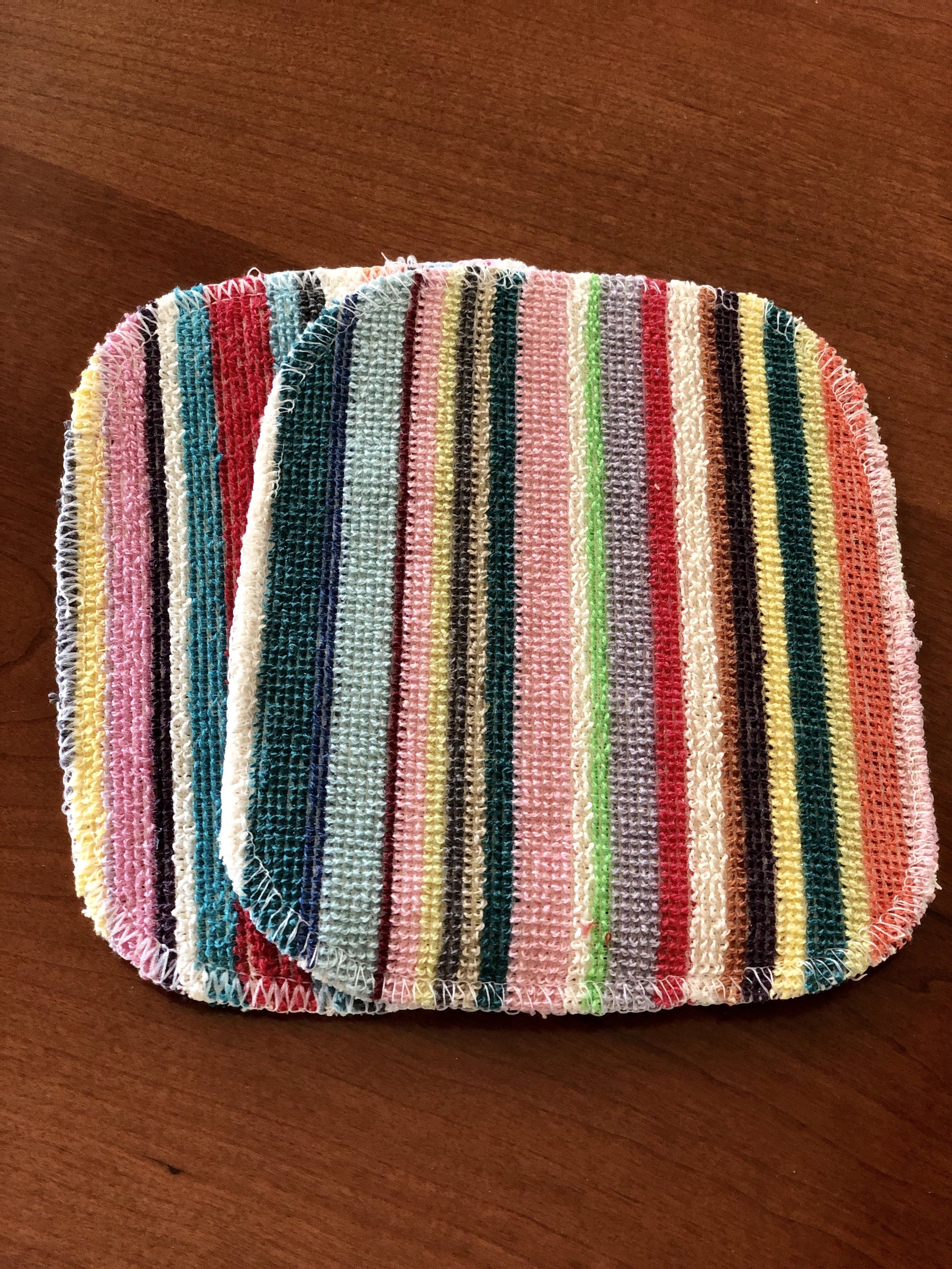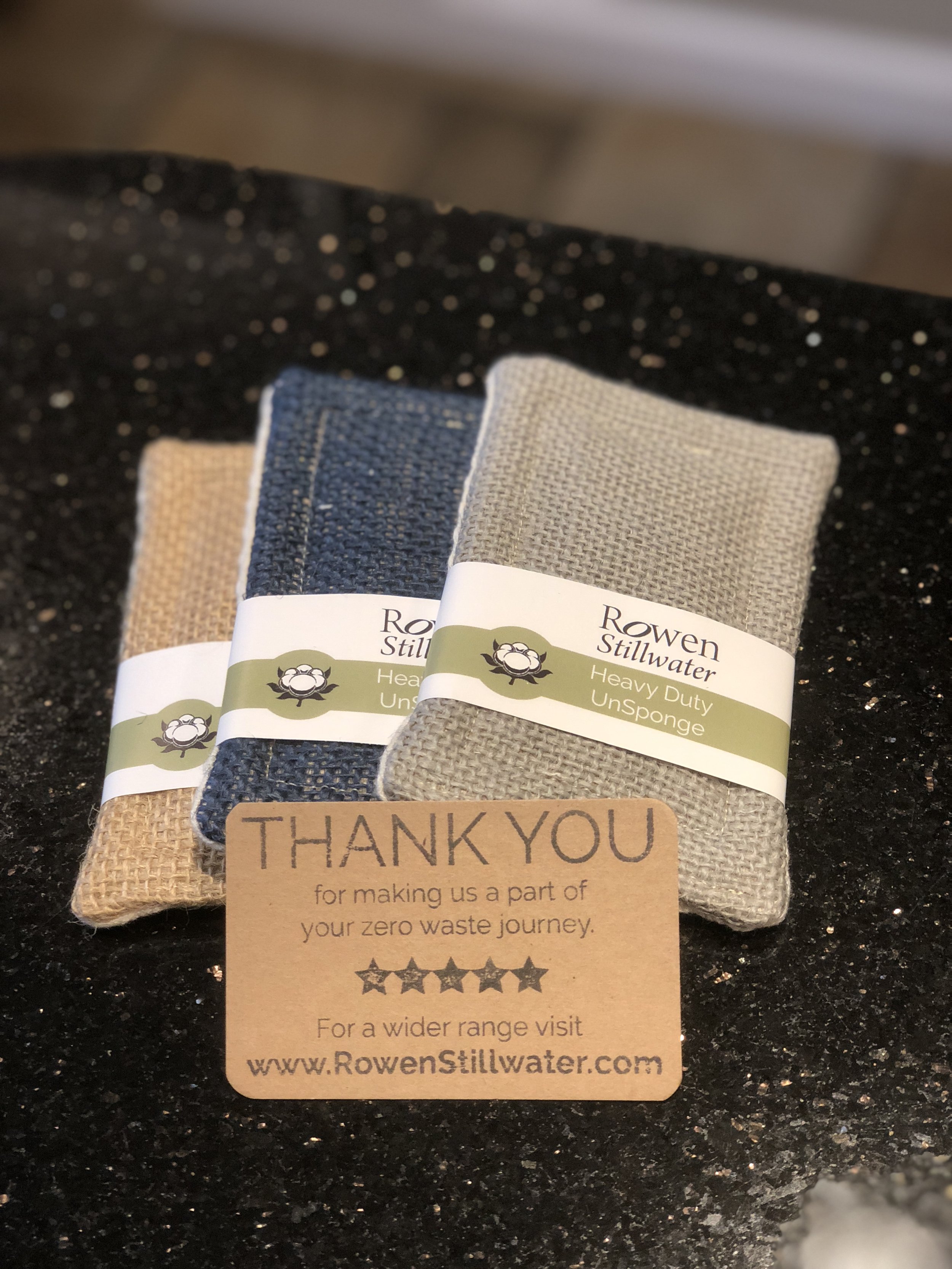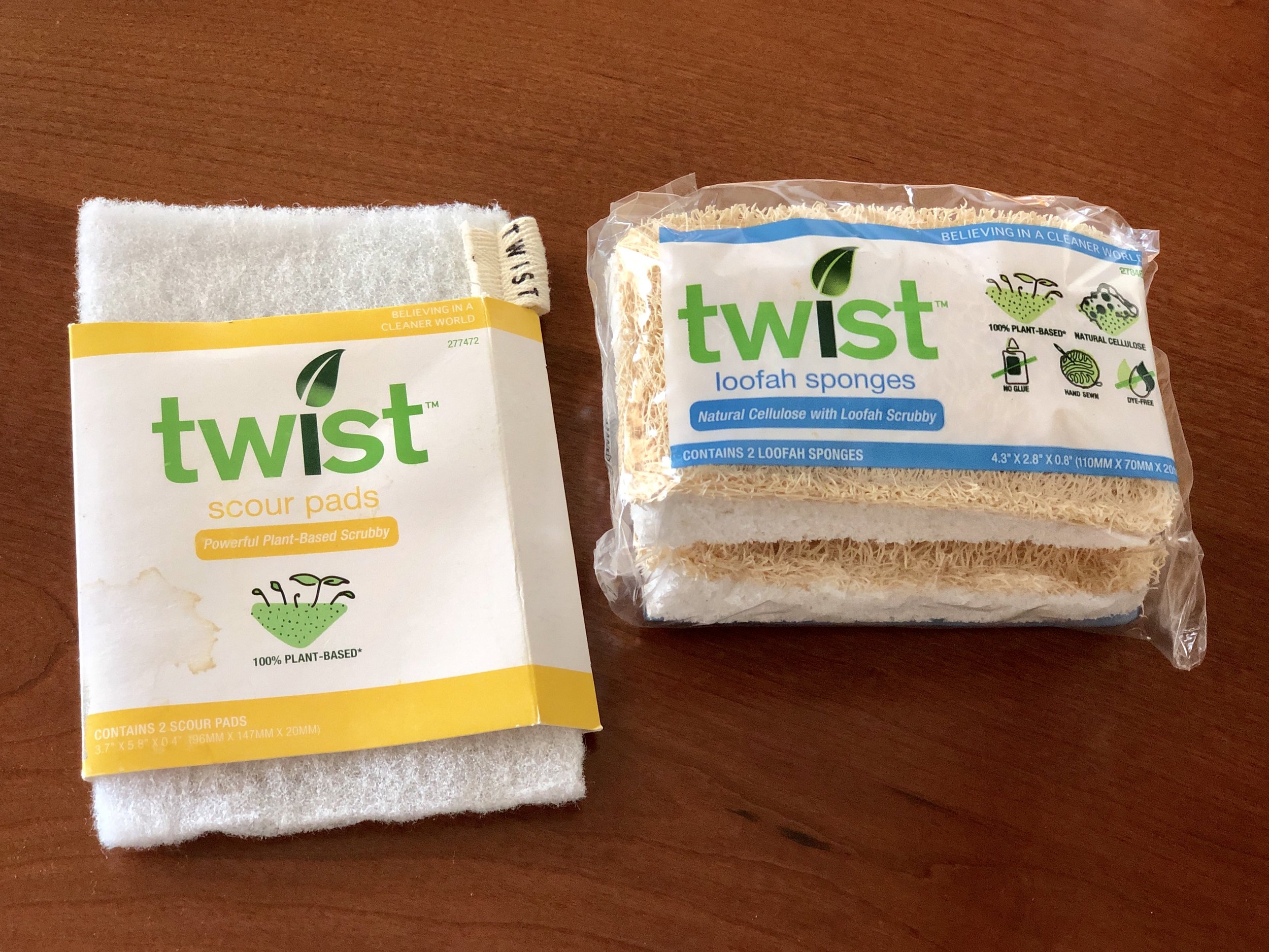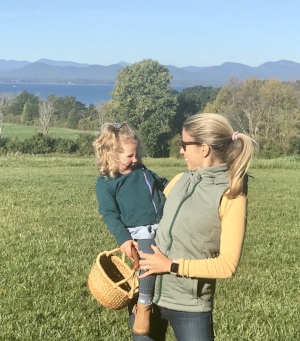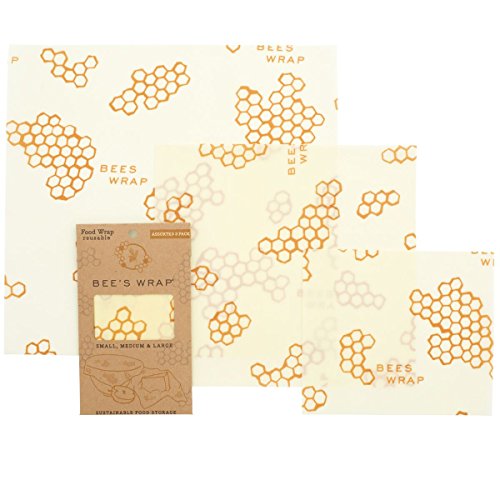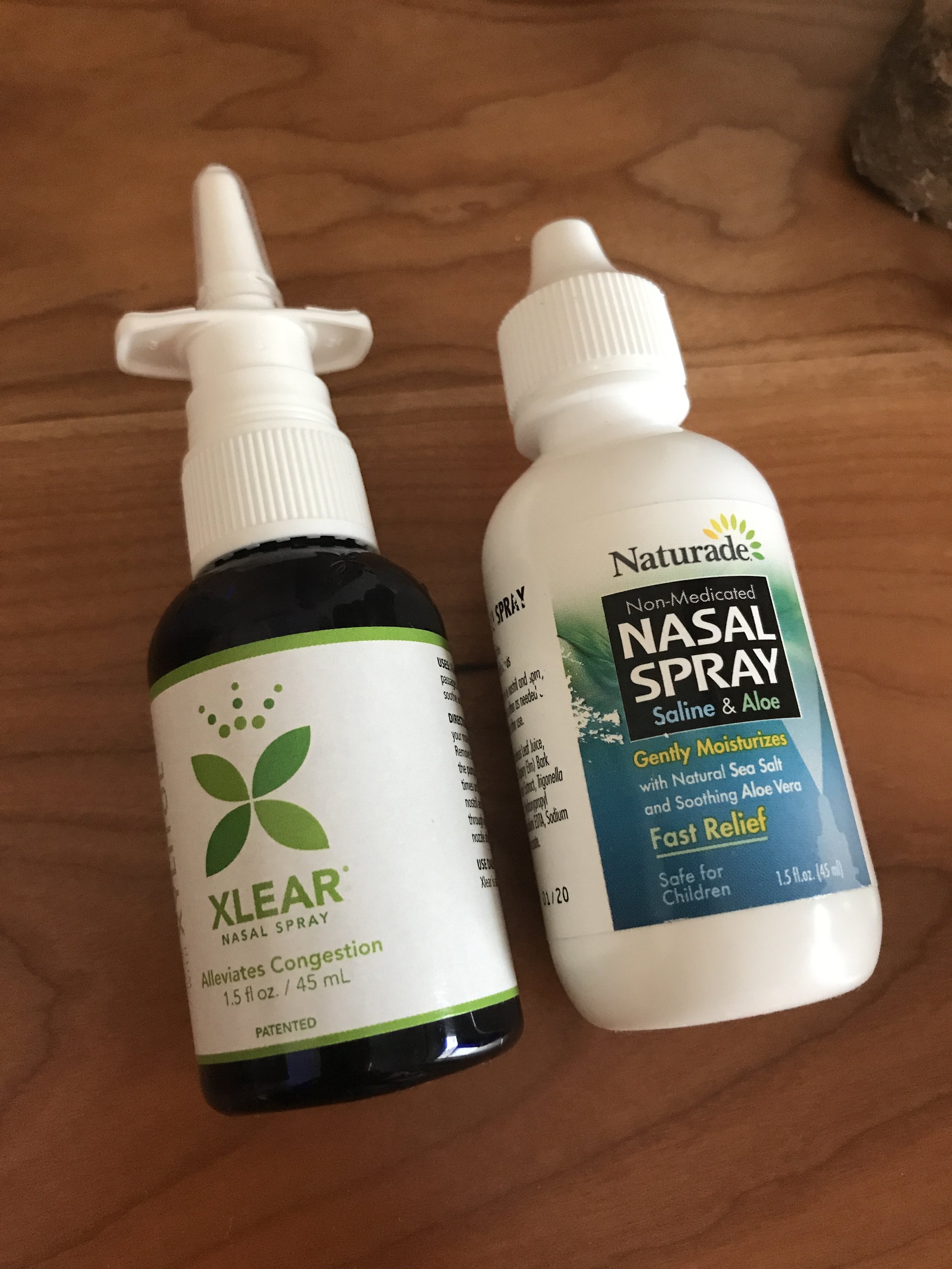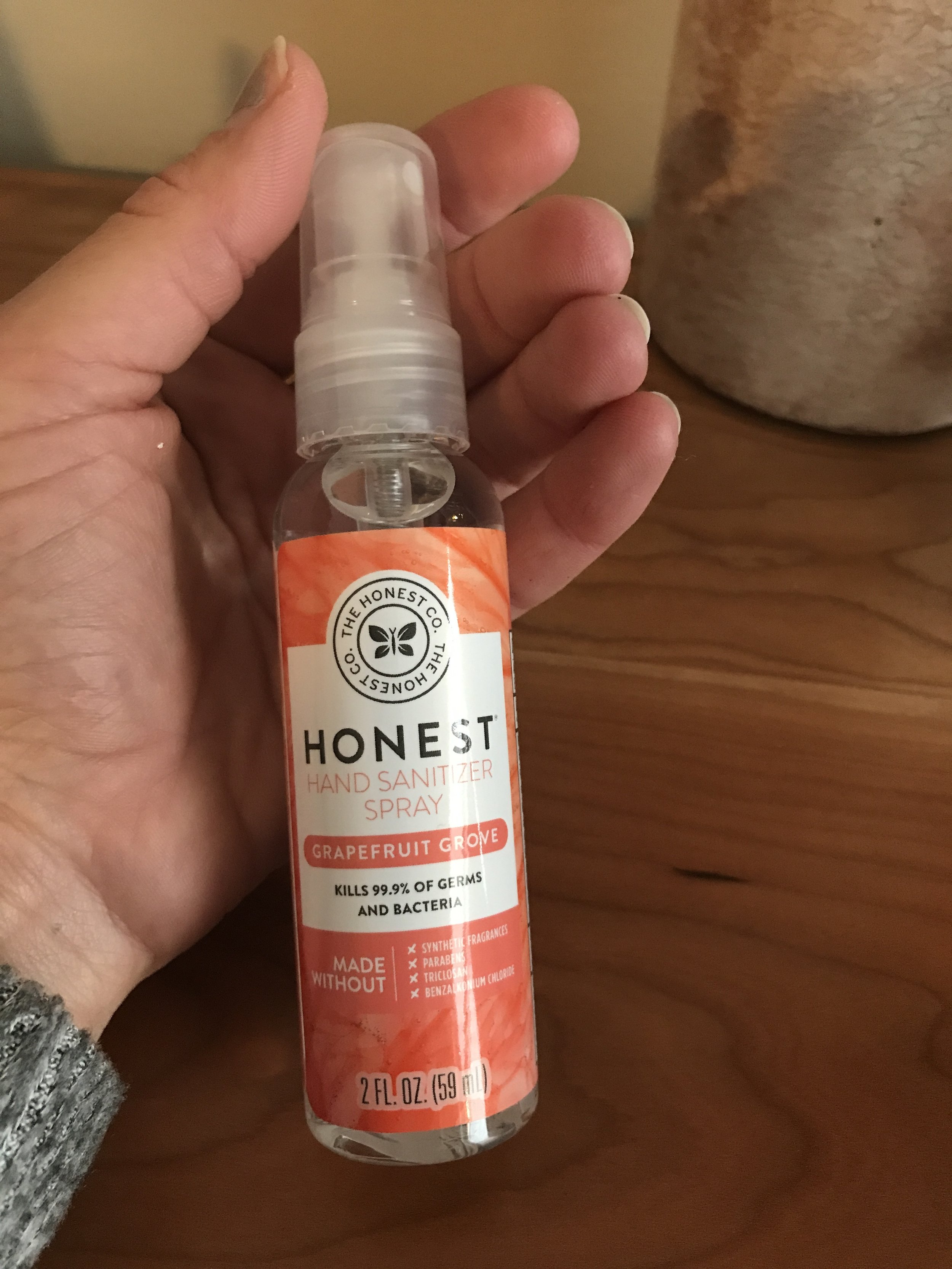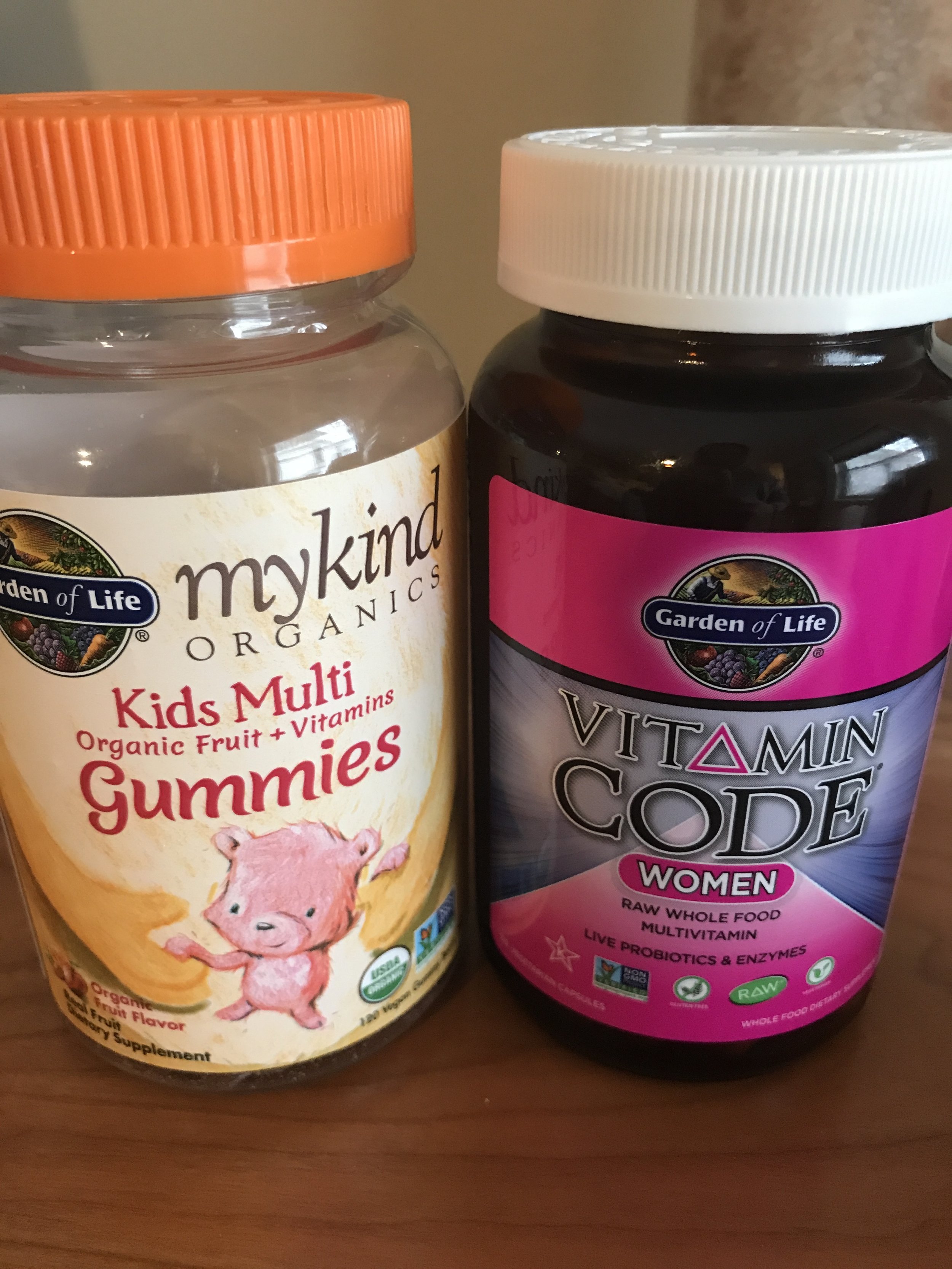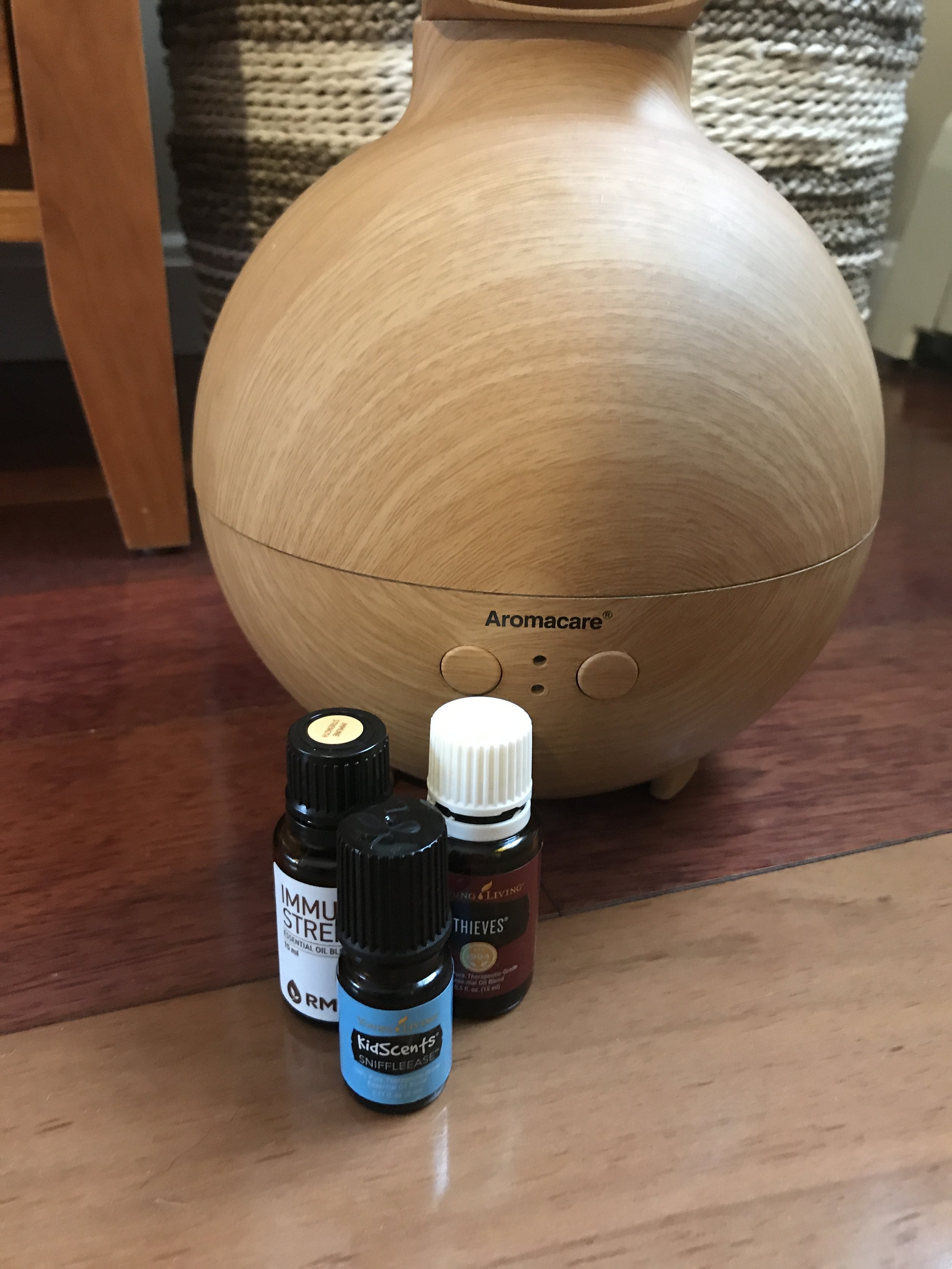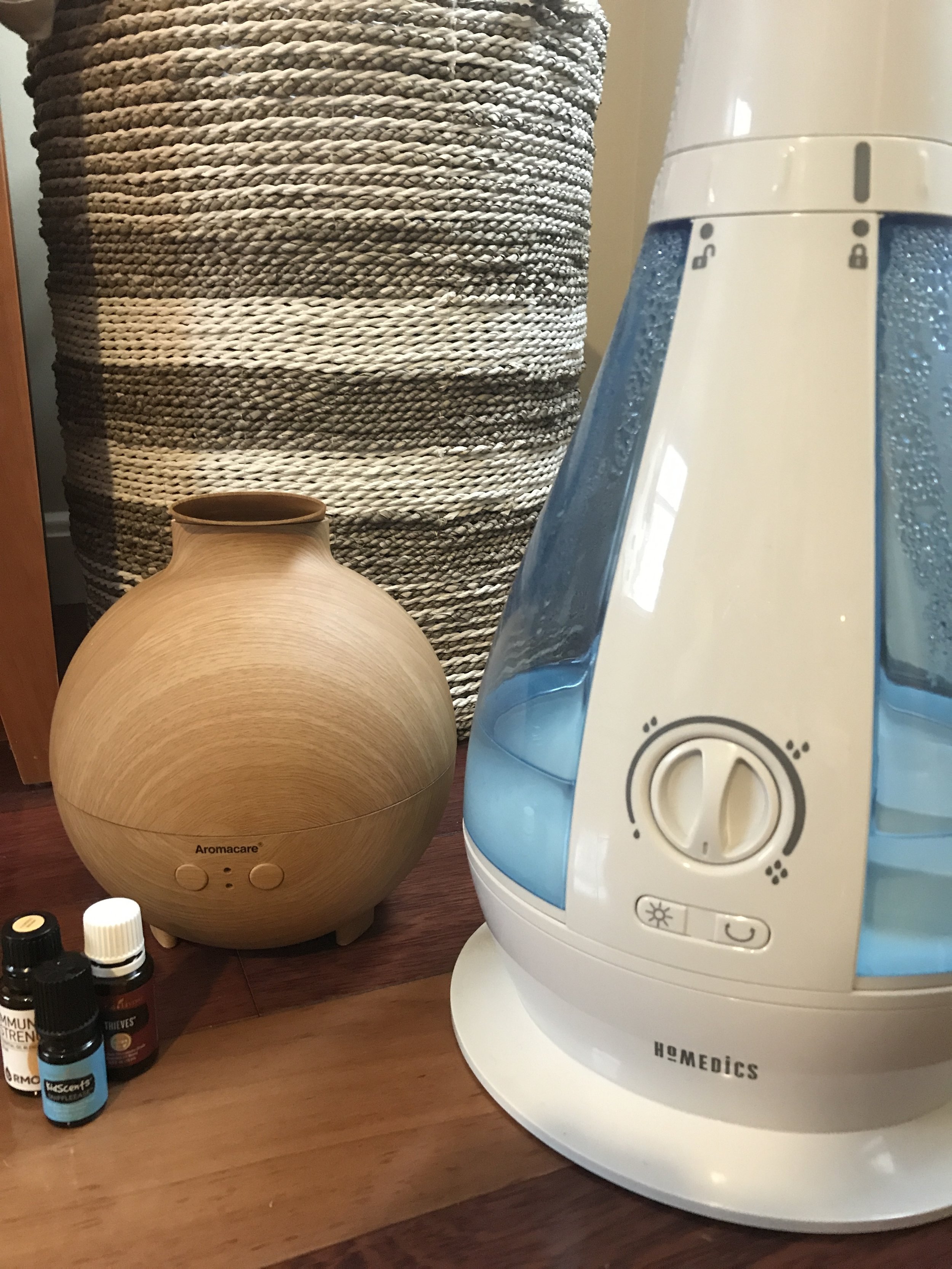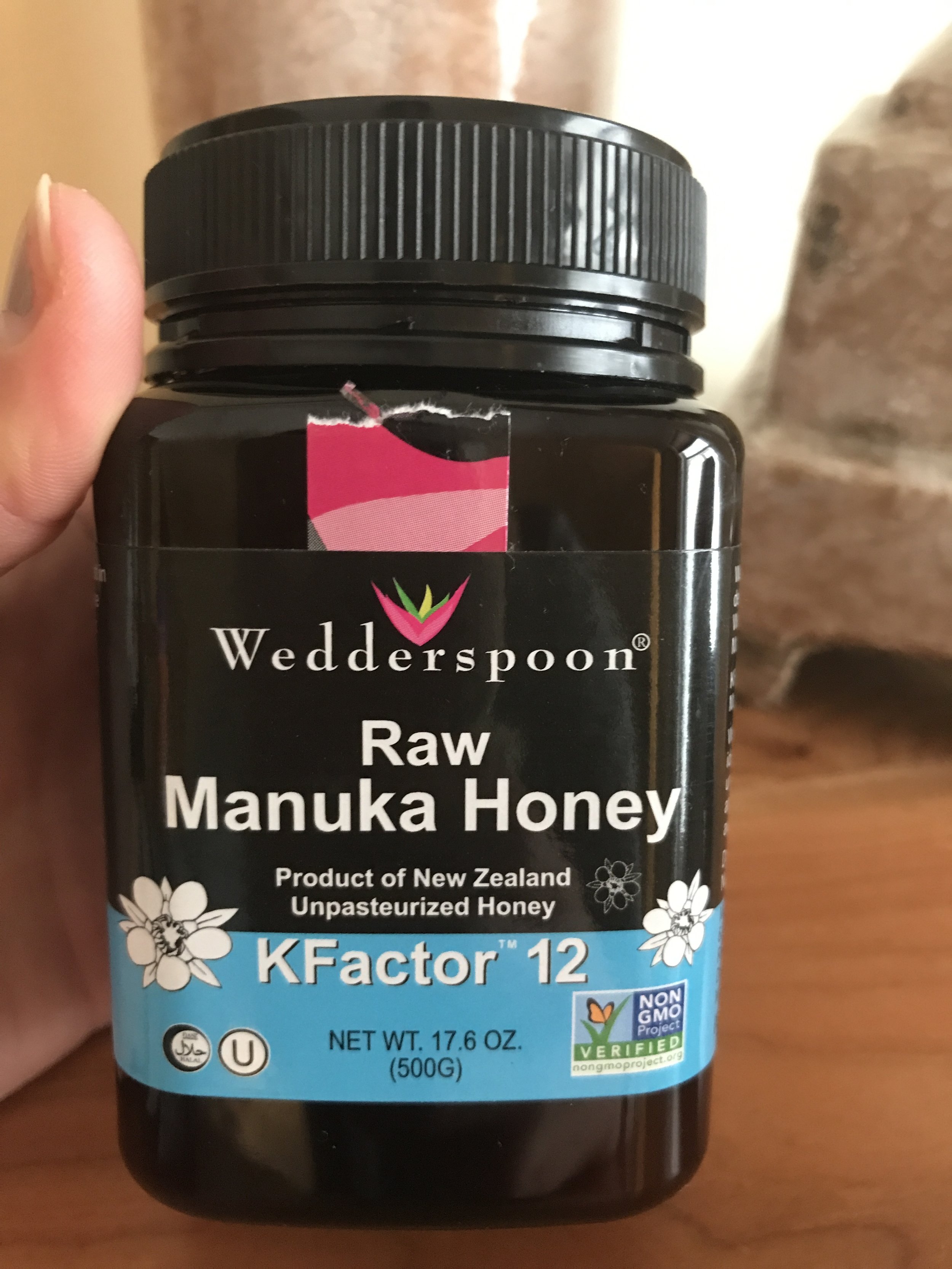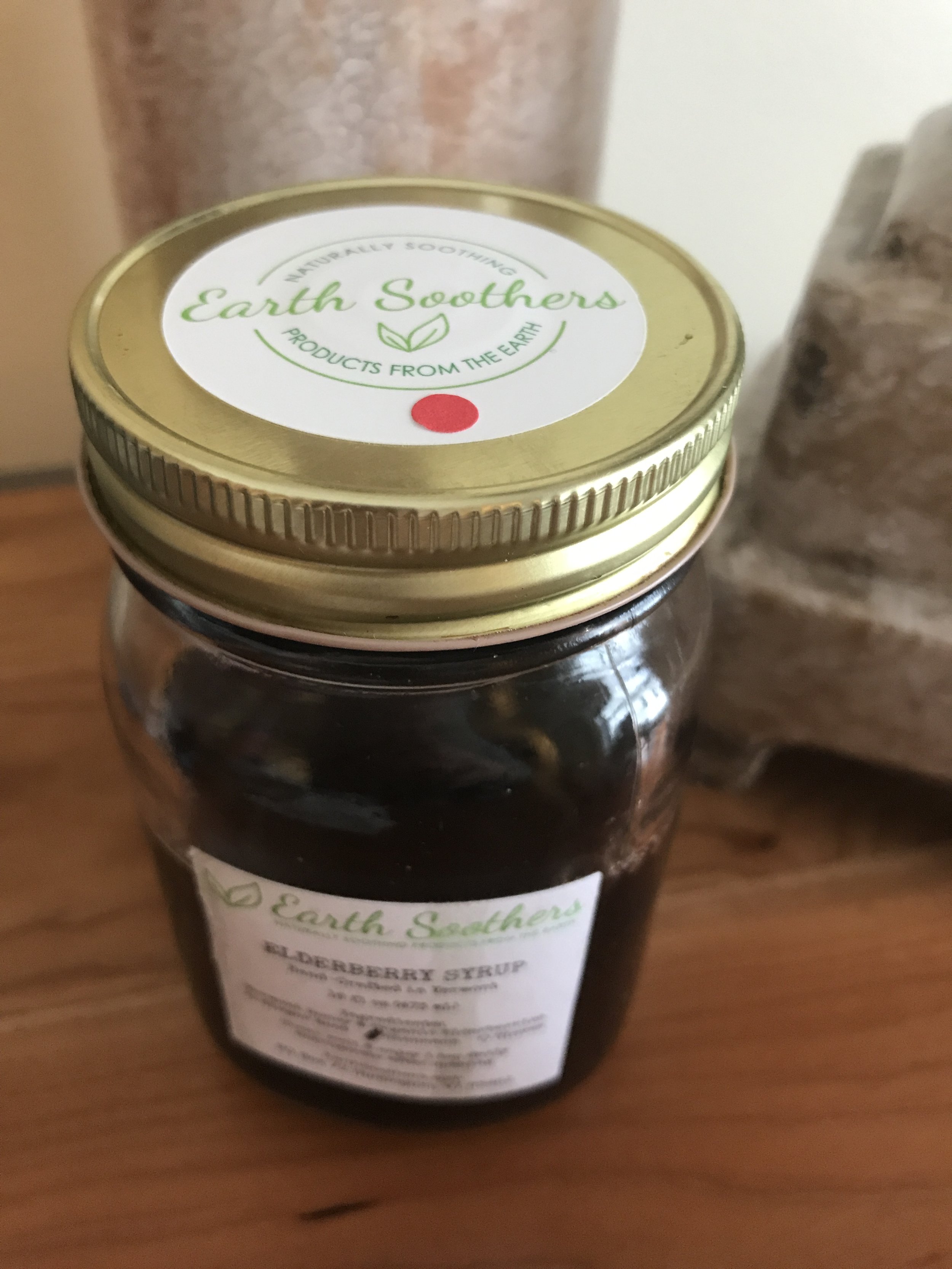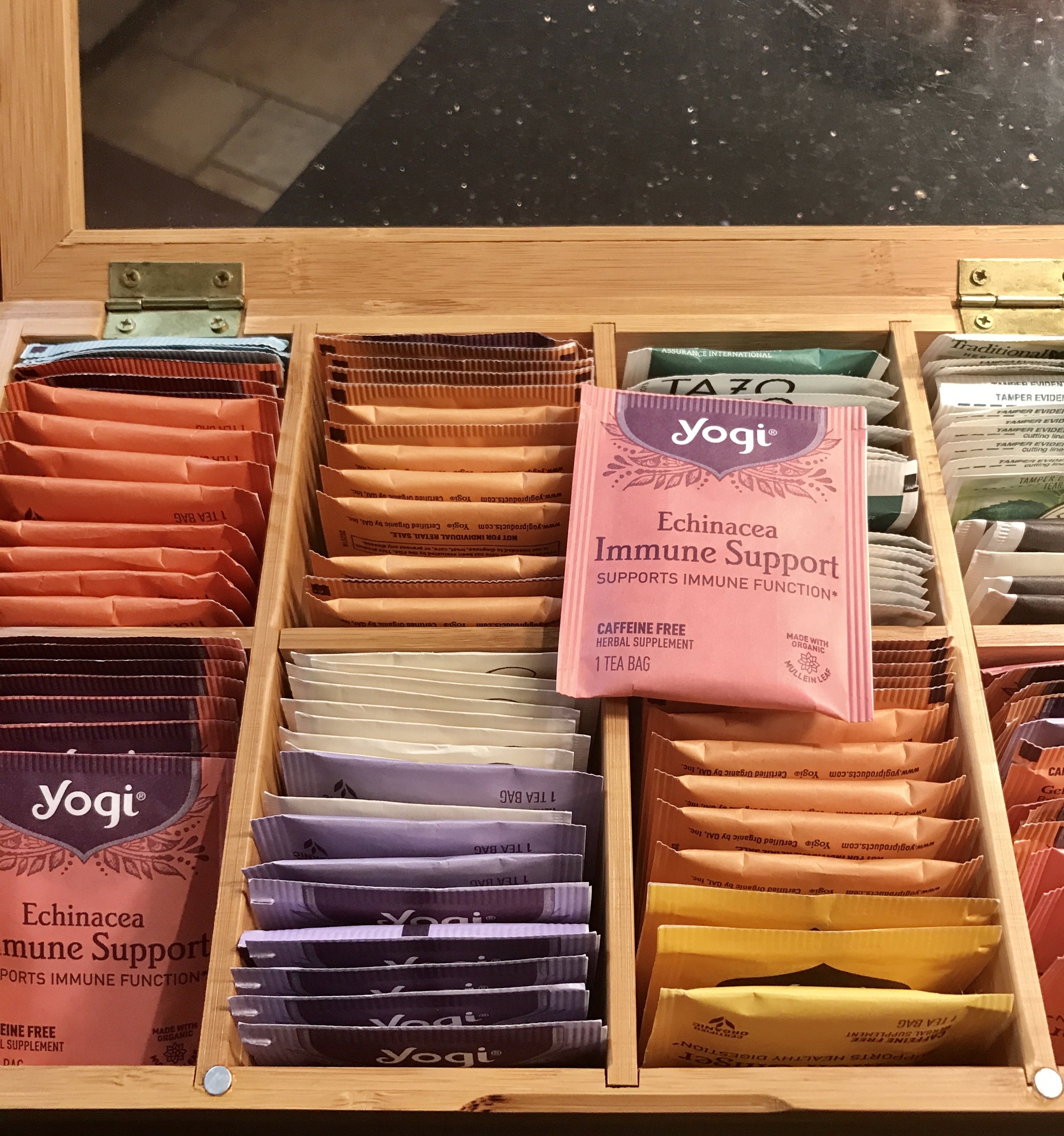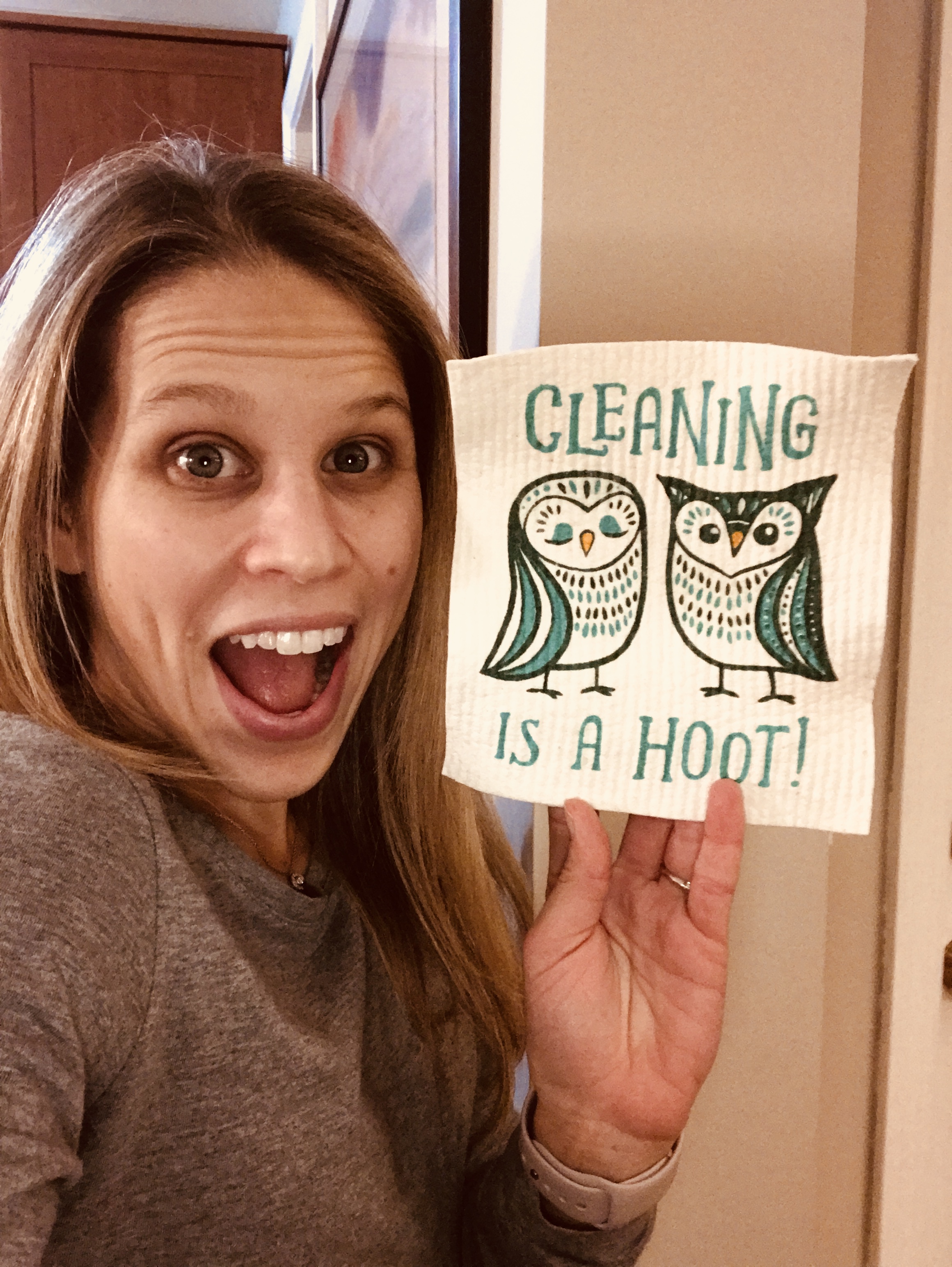We have all heard about the bacteria that gets trapped in kitchen sponges, but what you may not be aware of is the toxins lurking in your sponge. If you are reading this blog, chances are you are starting to make small changes in your home to lead a “cleaner” lifestyle. You may have already switched to a safer dish soap. My personal favorite is the Honest Company Grapefruit Grove. Kudos to you for switching to a safer dish soap but guess what? You may also want to swap out your kitchen sponge that could otherwise be completely reversing your green cleaning swaps.
Many everyday sponges are derived from polyurethane which is a petroleum-based byproduct. Many conventional sponges are made from tiny plastics that are also harming our environment as they get washed directly into our water streams.
Are you using an anti-bacterial or odor eliminating sponge? Chances are these sponges contain triclosan. Triclosan is an antibacterial and antifungal agent and is registered with the Environmental Protection Agency as being a pesticide. The FDA recently banned triclosan from antibacterial soaps (wait, don’t celebrate too soon). The ban only affects a small portion of the products on the market containing the chemical. Triclosan has been linked to hormone disruption as well as other developmental issues and is still used in many other personal care products including toothpaste.
The final issue I have with sponges is the waste. I would use a kitchen sponge for 1-2 weeks and then toss it in the garbage because I was worried about bacteria spreading.
Here are a few alternatives I have found that work great and last!
R.S.V.P - Best Multipurpose Washable
These make a great alternative to Brillo pads which are filled with harmful chemicals. I love the R.S.V.P scrubby cloths because they work on all surfaces and you can toss them in the dishwasher or washing machine. These work amazing on pots and pans and are made from recycled cotton. These do contain a nylon coating, so while these are eco-friendly in the sense they last forever and use recycled materials, they are not biodegradable. This is what I have found work best for a really good scrub and can be used anywhere in the home. They are by far the most long lasting even after rounds and rounds in the dishwasher to sanitize.
Twist Clean 100% Plant Based- Best Everyday Use Plant Based
Twist gets its claim to fame as the world’s first 100% plant based kitchen sponge. Twist does not use any glues or dyes in the constructions of their sponges but instead uses 100% plant based materials in the manufacturing. The wood pulp for their cellulose is from FSC Certified sources and all of scrubbers and sponges are hand sewn onto their cellulose bases. I really like the loofah sponge for everyday use and the fact that these are 100% biodegradable make them a great sustainable option. In full disclosure I didn’t love the scour pads because I felt like they didn’t hold up although they are designed for tough scrubbing.
Rowen Stillwater -Best Investment
This is the sponge of all sponges and an investment in cleaner living. I came across Rowen Stillwater on Etsy when searching for paperless towel options. This brand is located in the U.K. and focuses on sustainable, vegan homewares for a zero waste life. I am definitely not living a zero waste life but am working hard towards less waste and using sustainable materials. This company has some really awesome options for living a plastic free lifestyle so definitely worth checking out their Easy shop Rowen Stillwater.
The UnSponge is plastic free alternatives to disposable dish sponges - ideal for eco-friendly cleaning or a zero waste home, they also make great house warming gifts for green-conscious friends!
The UnSponge comes in a pack of 3 for $19.95. This heavy duty sponge is made with a strong, wide-mesh hessian top for added scrubbing power and a brushed cotton core. These are biodegradable and washable but again don’t last as long as the R.S.V.P scrubbers. These can be tossed in the washing machine and air dried.
